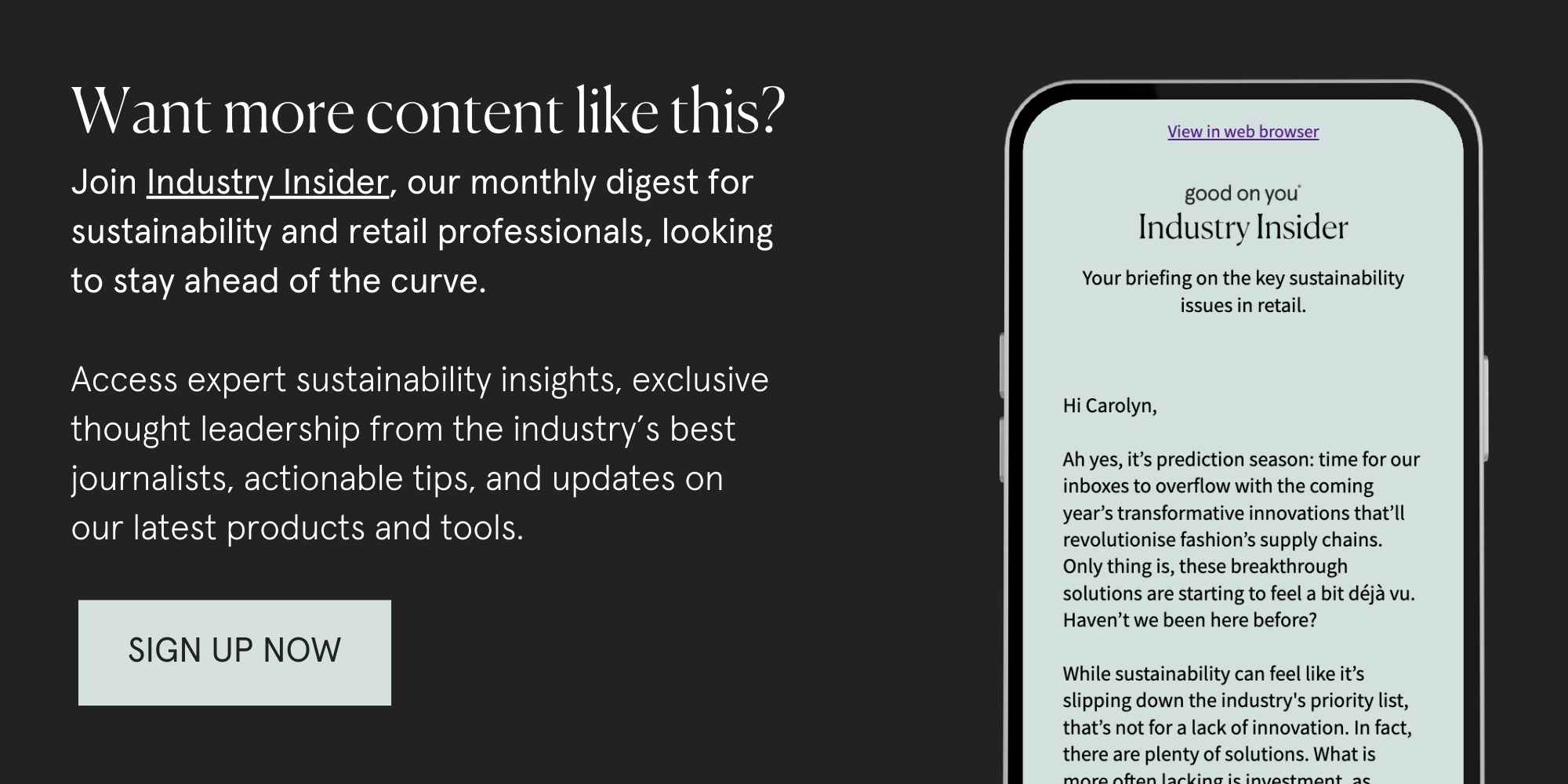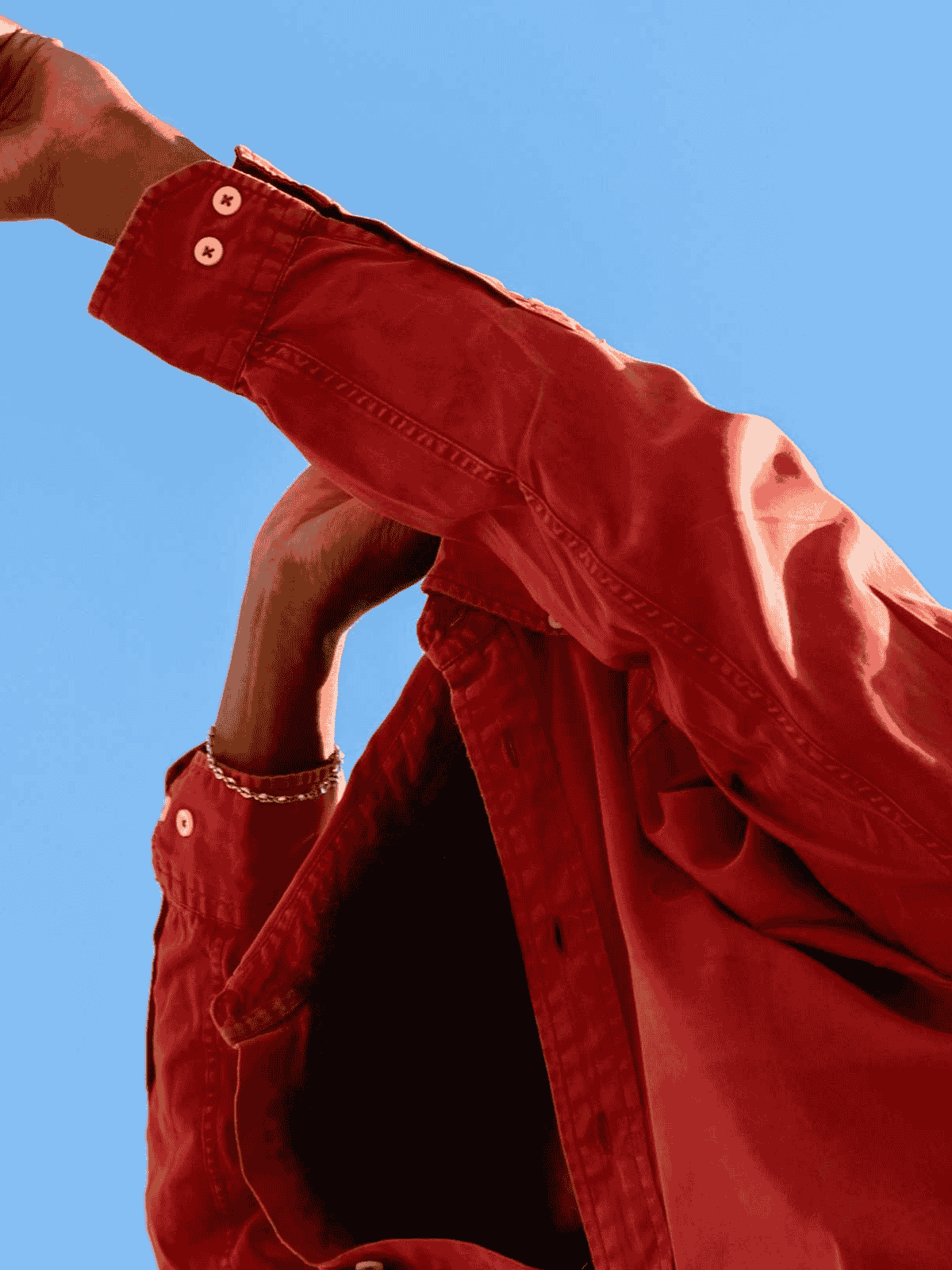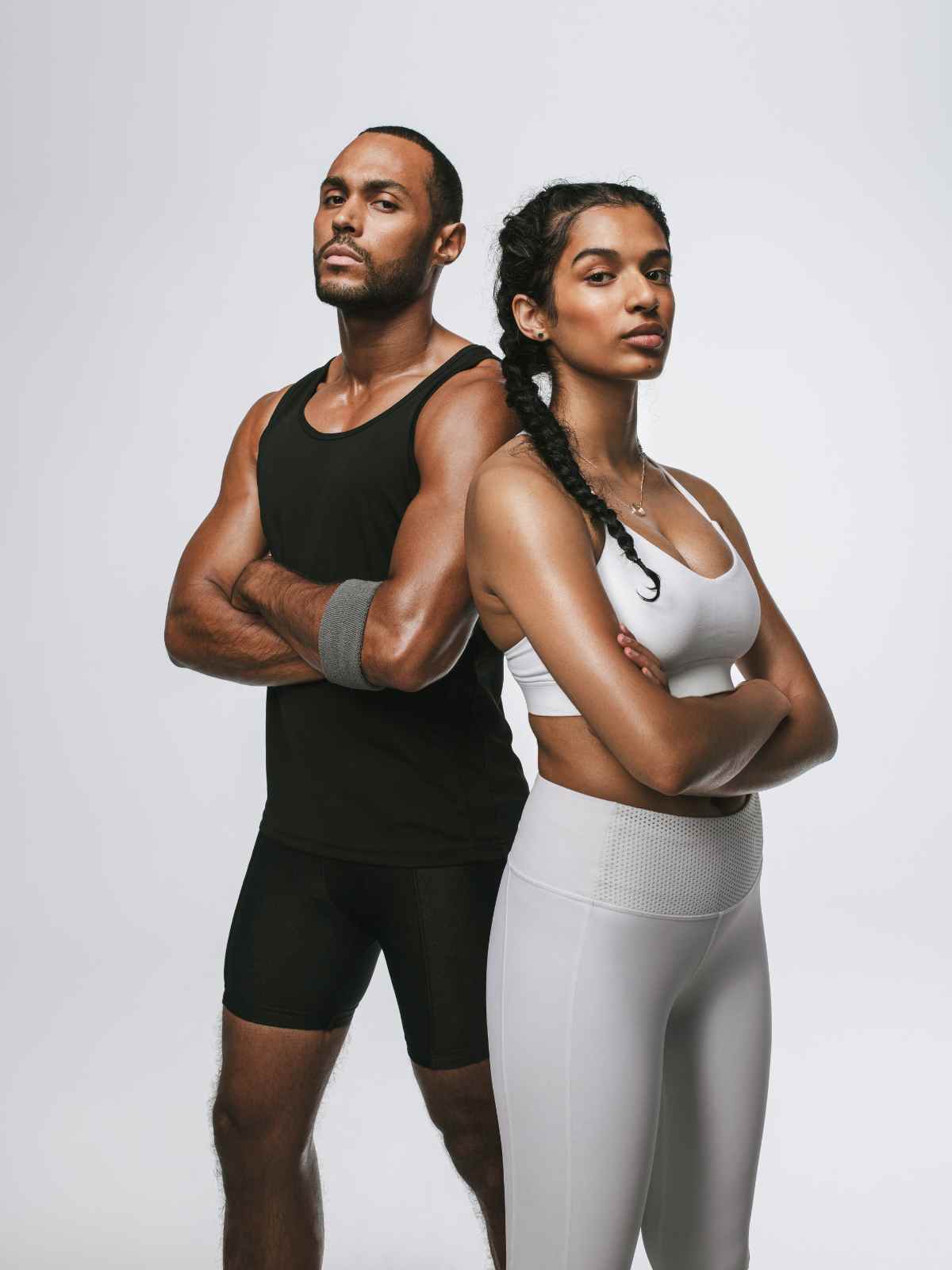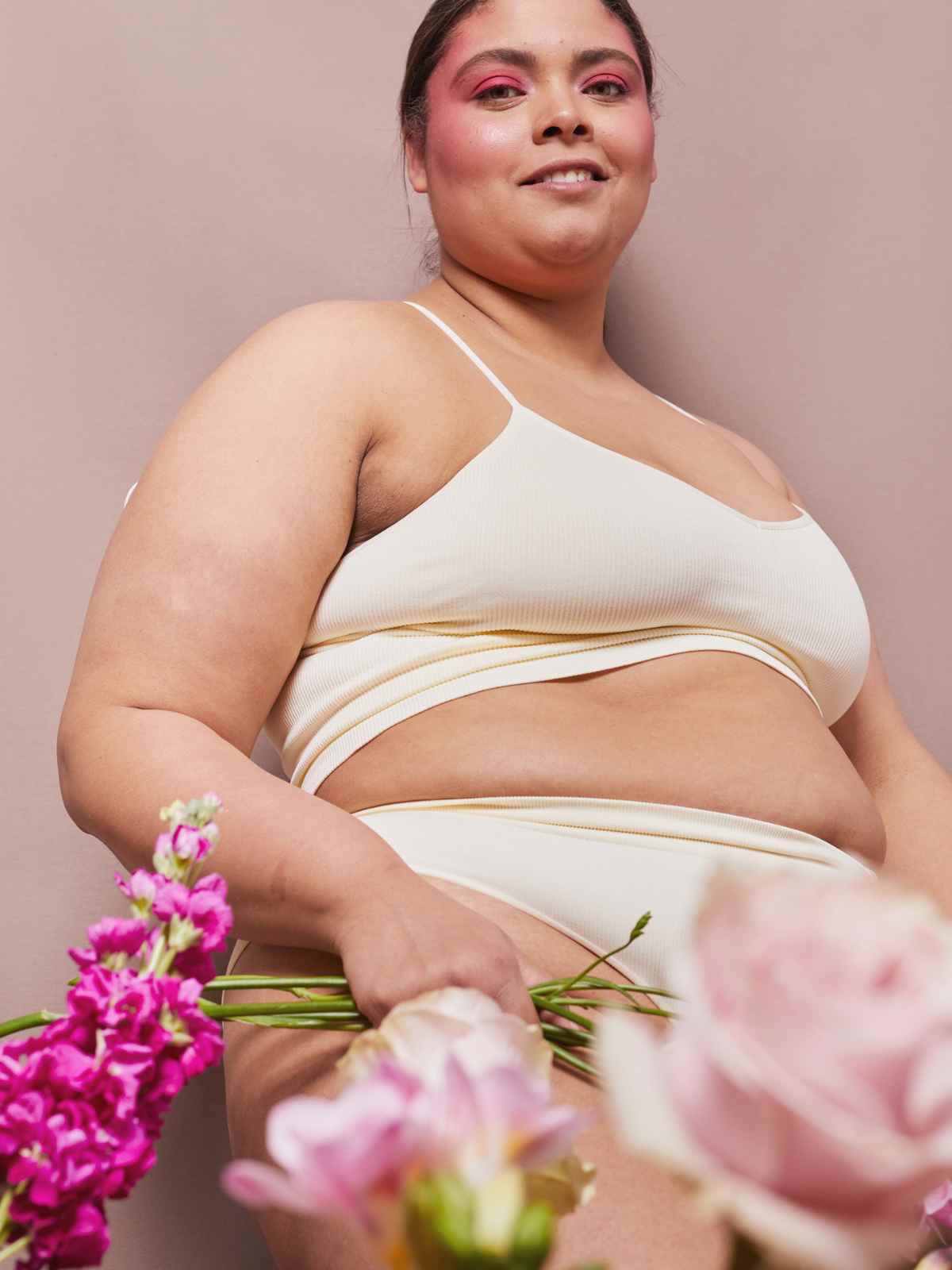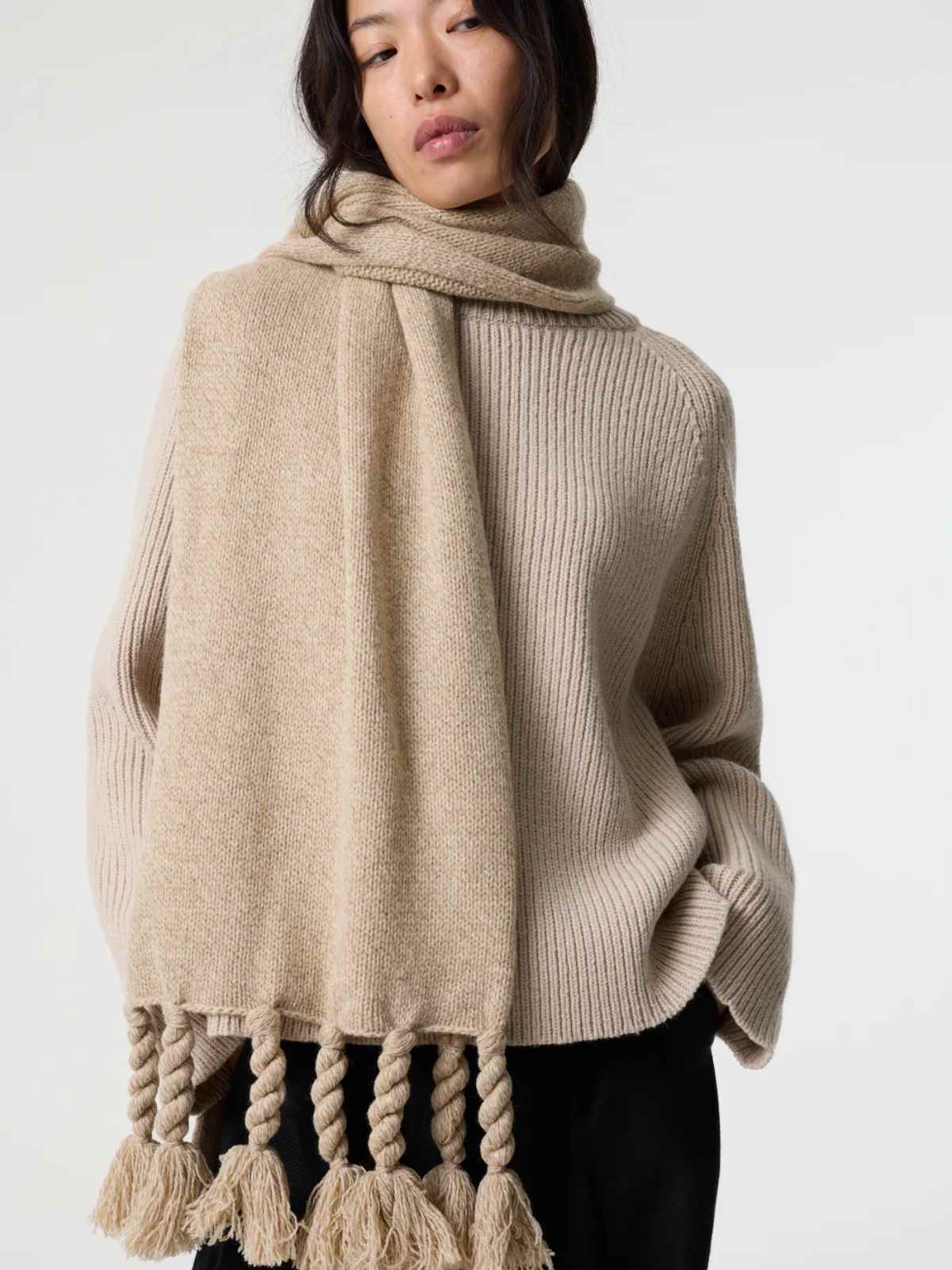Every month, our editors round up the news you should know from around the internet. Here are September’s top stories.
Kenya, a Final Destination for Fast Fashion, is Overwhelmed by Secondhand Clothing (Le Monde)
Le Monde explores the rise of used clothing exports to Kenya, noting that “nearly 500 containers from around the world arrive… each month via the port of Mombasa.” The special report details some of the initiatives to combat the waste and pollution.
Immigration Raids Disrupt US Secondhand Clothing Supply Chains (FashionUnited)
FashionUnited details the labour shortages occurring in US logistics hubs following increased immigration raids. Reports of the raids are deterring workers from attending hubs where secondhand clothes are sorted and shipped, which is impacting the whole industry, according to used clothing wholesaler Bank & Vogue.
Textile Hubs in Tamil Nadu Face Export Slowdown, Job Loss Risk Amid US Tariff Hike to 50% on Garments and Home Textiles (Business and Human Rights Resource Centre)
Following the US’ announcement that it would impose 50% export tariffs on Indian garments and home textiles, manufacturers in the region are reporting that orders are being paused, cancelled, or redirected to other countries with lower tariffs, like Bangladesh and Pakistan, according to the Business and Human Rights Research Centre.
The Global Plastics Treaty Talks Failed, Again: Industry Reacts (Vogue Business)
The December 2024 deadline for agreement on the UN’s global plastics pollution treaty has passed, but in the last round of talks, countries still couldn’t reach a deal after petrochemical advocates influenced governments. Vogue Business gathers a handful of industry experts for their thoughts on the matter.
The Topshop Comeback Just Shows We Haven’t Learned From Our Mistakes (Vogue)
Vogue’s senior sustainability editor, Emily Chan, writes about her disappointment at Topshop’s latest incarnation, having expected better sustainability credentials, or even… any transparency at all. Chan found little information on the brand’s new website, along with plenty of garments made from synthetic fabrics. “For Topshop’s comeback to be truly successful, sustainability has to be taken seriously—it’s no longer optional,” she says.
Why PETA US is Changing Its No-testing List Requirements (PETA)
According to PETA, there’s a loophole in the EU’s chemicals testing program Registration, Evaluation, Authorisation and Restriction of Chemicals (REACH), which means that some cosmetics ingredients are being tested on animals to ensure compliance. As a result, the organisation is reviewing its animal-test-free program requirements and “only companies that sell their products in the US, Canada, Germany, and India will be listed on crueltyfree.PETA.org.” It says applications from companies that sell their products exclusively in other countries will be suspended until the loophole is closed.
Italy Hands Fast Fashion Retailer SHEIN €1 Million Greenwashing Fine (Euronews)
Less than a month after France fined SHEIN €40m for deceptive practices, Italy has also hit the ultra fast fashion retailer with a fine for “misleading and/or deceptive environmental messages and claims”, as Euronews reports. This time the brand will have to cough up €1m.
‘You Can’t Run a Certification Based on Vibes’ – Does B Corp Still Signal a Business That Cares? (The Guardian)
When fast fashion brand Princess Polly gained B Corp status in July, many sustainability advocates questioned how. In The Guardian, Lucianne Tonti asks sustainability advocates and founders of ethical brands who’ve already got a B Corp certification how they feel about the situation.
Ultra-Fast Fashion Blamed For Industry’s First Rise In Carbon Emissions In Four Years (Forbes)
Forbes reports that The Apparel Impact Institute’s latest Roadmap to Net Zero report shows an increase in fashion’s carbon emissions by 7.5% in 2023, which is the first time they’ve risen since the Institute started collating data in 2019. Though its methodology limits its ability to draw concrete conclusions on the exact cause of the rise, the Institute notes that increased clothing production, virgin polyester, and ultra fast fashion have contributed.
How Beauty Industry Greenwashing Went From Refillables to Instagram Props (The Established)
In The Established, Ria Batia discusses what’s driving the beauty industry’s biggest sustainability problems, and why there’s a disparity between consumer interest in sustainable credentials and uptake.
‘Good’ and ‘Great’ news
Every month we publish news and product highlights from highly rated brands that have been assessed by our rigorous ratings system. Using our codes and links may earn us a commission—supporting the work we do. Learn more.

‘Great’ Brand Harvest & Mill Launches Organic-Cotton Underwear
Basics and loungewear brand Harvest & Mill has introduced underwear—all made from organic cotton and with non-toxic dyes. Like the rest of Harvest & Mill’s wares, its underwear line is vegan and is sourced and manufactured entirely in the US, where the brand is based.
Dedicated Launches Recycled-Cotton Denim
“Good” brand Dedicated has launched its first denim collection, and it’s made exclusively using recycled cotton. The jeans don’t include any additional fibres and are designed with minimal trims to make recycling easy, and they’re treated with an antimicrobial finish to encourage wearers to wash them less.
Citizen Wolf’s New Tees Use Non-toxic Inks
“Great” brand Citizen Wolf has just launched a new line of organic-cotton graphic T-shirts printed using non-toxic ink. Each piece is made to order using the brand’s proprietary Magic Fit technology, which harnesses data points and consumer measurements to craft custom garments that fit accurately.
‘Good’ Brand I Was A Sari Receives Investment
Upcycling brand and social enterprise I Was A Sari has received investment to help scale its work with artisans in India. Upaya Social Ventures, which recently supported the brand through a circular business accelerator, invests in businesses that are “creating sustainable livelihoods for people living in the most extreme poverty.”
